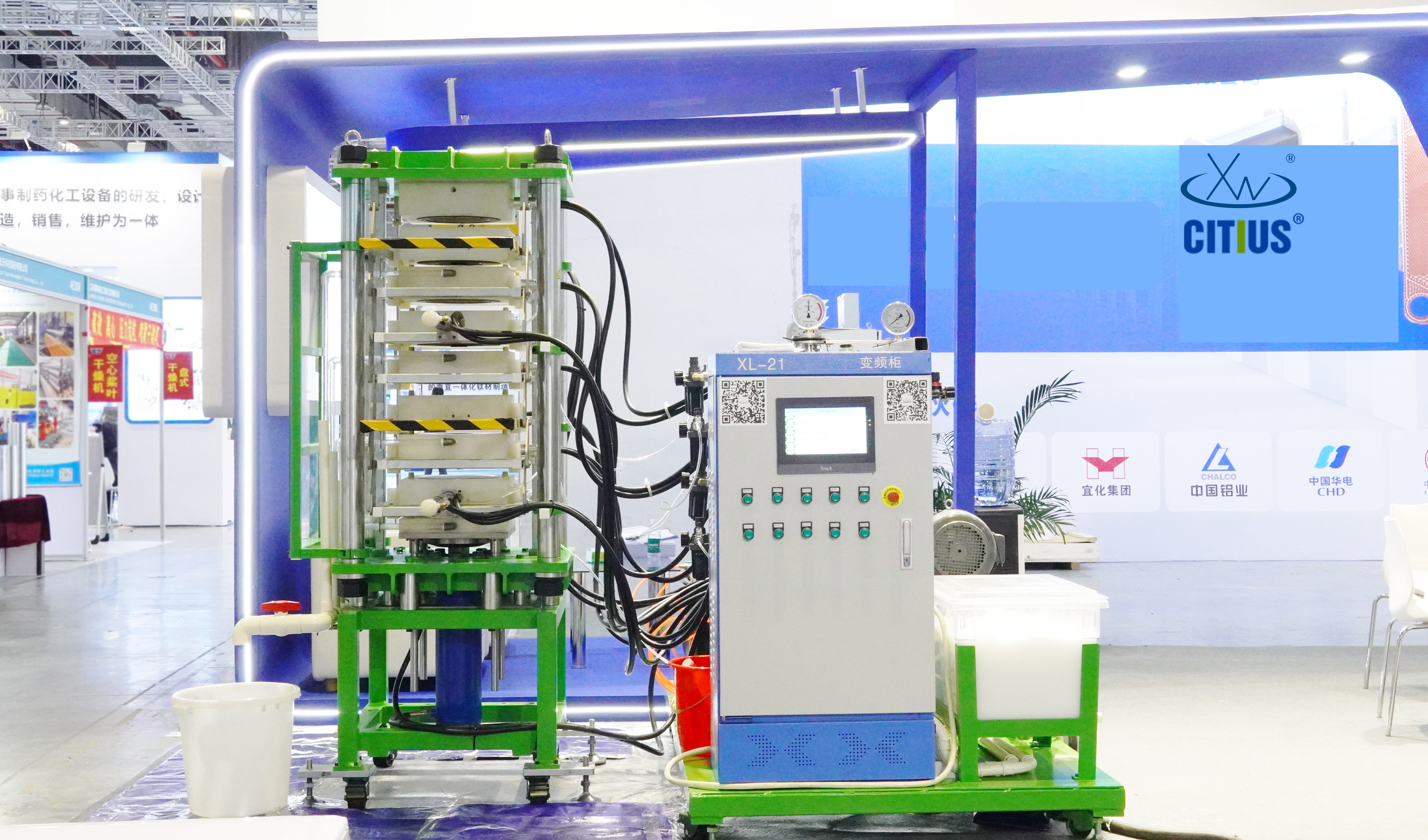The Unsung Heroes: Filter Fabrics for Industrial Filtration Applications
Release time:
2025-07-09
Introduction to Filter Fabrics
Ever thought about the magic behind clean air and pure liquids? Well, filter fabrics for industrial filtration play a pivotal role in ensuring that the air we breathe and the water we use are free from impurities. These fabrics might not be the first thing that comes to mind when you think of industrial processes, but boy, do they pack a punch!
What Are Filter Fabrics?
At their core, filter fabrics are specially designed materials that assist in the separation of solid particulates from liquids or gases. They come in various shapes and sizes, tailored to meet the specific needs of different industrial applications. Whether it's a textile factory, a wastewater treatment plant, or a food processing facility, these fabrics are the unsung heroes working tirelessly behind the scenes.
Types of Filter Fabrics
Now, let's dive a bit deeper. You might be wondering, "What types of filter fabrics are out there?" Well, here’s a quick rundown:
- Woven Fabrics: These are made from interlacing threads and are known for their strength and durability.
- Non-Woven Fabrics: Created by bonding fibers together, these fabrics are often more versatile and can be engineered for specific filtration needs.
- Composite Fabrics: A combination of woven and non-woven materials, offering the best of both worlds.
Each type has its unique set of benefits, making them suitable for specific applications.
How Are They Used in Various Industries?
Let's get into the nitty-gritty! Here are a few applications that show just how crucial filter fabrics for industrial filtration can be:
1. Water Treatment
In the world of water treatment, filter fabrics help remove contaminants and particles, ensuring clean drinking water. They’re like the bouncers of the water world, keeping the bad stuff out!
2. Food and Beverage
When it comes to food production, hygiene is paramount. Here, filter fabrics prevent unwanted particles from entering the production line, ensuring that everything from juice to beer meets strict safety standards. Talk about a taste of security!
3. Pharmaceutical
In pharmaceuticals, the stakes are high. Filter fabrics are instrumental in the manufacturing process, ensuring that medicines are free from impurities. After all, no one wants to play a game of 'guess what’s in that pill?'
4. Mining and Metal Processing
In the mining sector, filter fabrics are employed to separate valuable minerals from waste materials. They’re the unsung champions that help recover precious resources while minimizing environmental impact.
Why Quality Matters
Alright, let’s get real for a sec. Not all filter fabrics are created equal. The quality of these fabrics can significantly impact efficiency and lifespan. Investing in high-quality filter fabrics means fewer replacements and a cleaner end product. So, it’s a win-win situation!
Future Trends in Industrial Filtration
As industries evolve, so do the technologies behind filtration. With the rise of sustainability initiatives and stricter regulations, the demand for innovative filter fabrics is on the rise. Expect to see advancements in fabric technology that enhance filtration efficiency and reduce environmental impact. Talk about progress!
Conclusion
So, there you have it! Filter fabrics for industrial filtration are more than just pieces of material; they are vital components that keep our industries running smoothly while protecting our environment. Next time you sip clean water or enjoy a safe meal, give a nod to these incredible fabrics working tirelessly behind the scenes.

